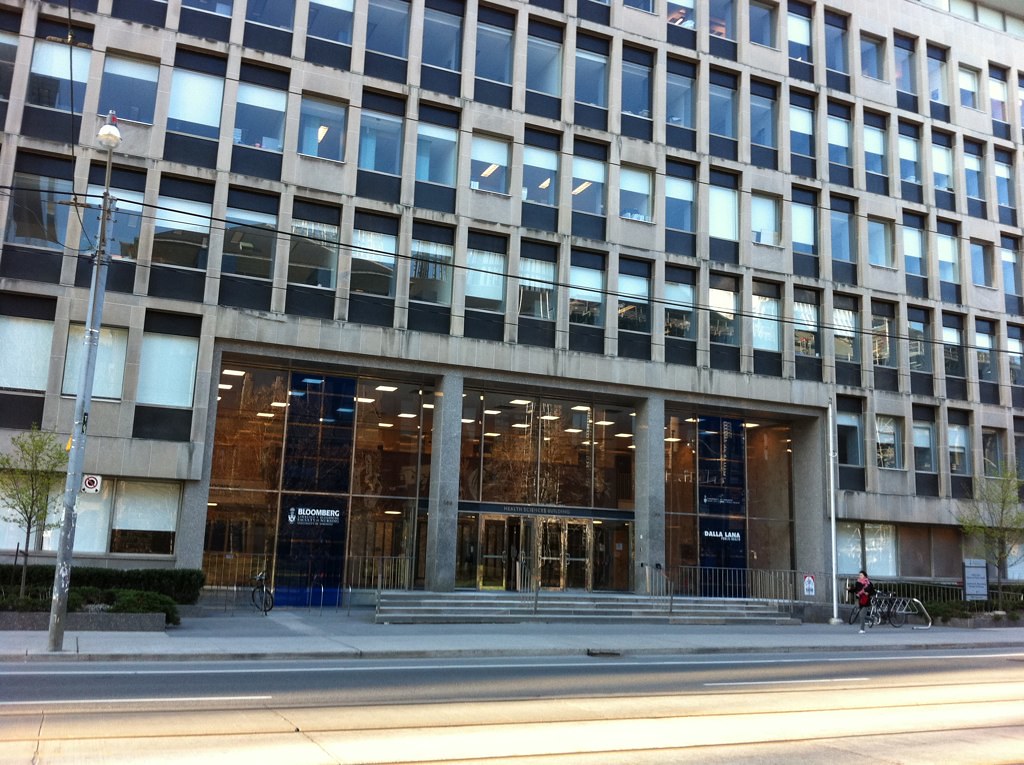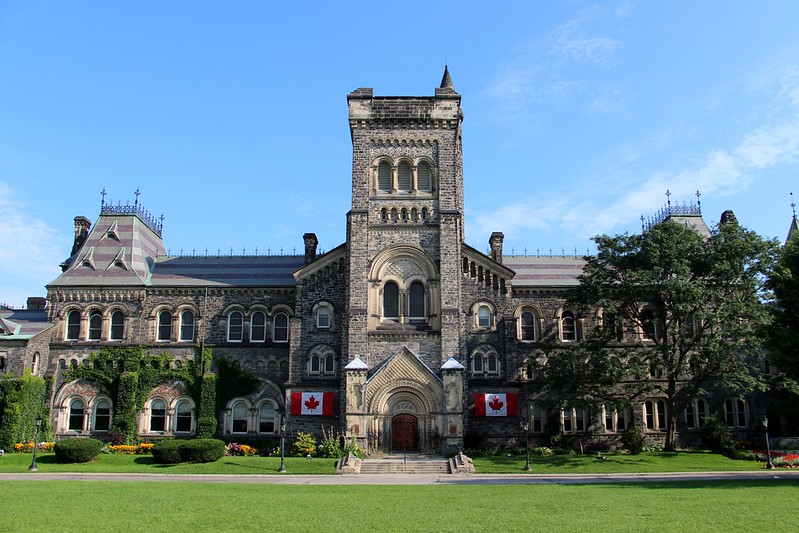Onyenyechukwu (Onye) Nnorom, family physician, specialist in public health and preventive medicine (born 27 February 1981 in Montreal, Quebec). Nnorom is the associate director of the residency program in public health and preventive medicine at the University of Toronto’s Dalla Lana School of Public Health. She also leads the Black health curriculum at the university’s medical school. Her work addresses the health inequities that racialized and immigrant communities face.
Early Life
Onye Nnorom is the older of two children born to immigrants who settled in Montreal in the 1970s. Eugene and Patricia Nnorom migrated from Nigeria and Trinidad and Tobago, respectively. Eugene was a maintenance worker and Patricia was a secretary and personal support worker.
Though not activists, the couple was very engaged in the community and their children’s education. When Onye Nnorom was in Grade Two, a teacher assumed she was a below-level student. Nnorom’s mother stepped in to make it clear that was not the case.
Nnorom became interested in science at a summer camp for gifted students in Grade Four.
Education
Onye Nnorom graduated from Concordia University with a Bachelor of Science in cell and molecular biology in 2003. Her interest in medicine began in the second year of her degree. That year, she participated in a mentorship program established by Dr. Eric Laryea. Laryea had noticed the consistent under-representation of Black students at McGill University. His program paired aspiring Black medical students with those already enrolled in medical school.
“Though I was a reluctant recruit, I saw other Black medical students and that was what changed it for me,” she said.
Among the Black medical students she met was Ewurabena Simpson. The future pediatric hematologist and oncologist was in her first year of medical school at McGill.
“I remember meeting her and telling myself, ‘I can do this,’” Nnorom recounted. “I had the grades and background, and so I applied to do medicine.”
Nnorom completed her medical degree at McGill University in 2007. Three years later, she finished a Master of Public Health (Epidemiology) and residency training at the University of Toronto.
Career
In 2010, Nnorom was a temporary family physician with a community health centre in Toronto called Women’s Health in Women’s Hands. In 2012, she held a similar position at NorWest Community Health Centre in Thunder Bay. From 2013 to 2018, she was a family physician and chronic disease prevention lead at TAIBU Community Health Centre in Toronto. (See also General Practice Medicine.) During this period, she also worked as a regional lead with Cancer Care Ontario. At this agency, she guided primary care physicians on cancer screening and cancer care.
Since 2013, Nnorom has been an associate program director at the University of Toronto’s Dalla Lana School of Public Health. She co-leads the school’s residency program in public health and preventive medicine.
She is also a part-time clinical consultant at the Centre for Addiction and Mental Health (CAMH) Nicotine Dependence Clinic.

("Dalla Lana School of Public Health" by bksutherland is licensed under CC BY 2.0.)
Focus on Health Equity and Systemic Racism
Onye Nnorom’s work focuses on health equity and the impact of racism on health. In particular, she studies anti-Black racism as a driver of health inequities in Canada.
Since 2016, Nnorom has led the University of Toronto’s efforts to build education on these issues into its medical school curriculum.
In February 2020, Nnorom was appointed the first ever equity, diversity and inclusion (EDI) lead of the University of Toronto’s Department of Family and Community Medicine. She advises the department’s executive on policies that impact EDI for faculty, residents, students and staff.
Nnorom is the creator and host of the Race, Health & Happiness podcast. She launched the show in 2020 to help racialized people stay well, thrive and find joy. Its first season coincided with the COVID-19 pandemic, which disproportionately affected Black and other racialized peoples.
“We knew the pandemic wasn’t going to be a great equalizer and was going to devastate the Black community,” she said. “We know that we are the people who tend to be front line. We are the people who are the personal support workers. We are the people doing precarious work and getting sick. We are the people living in multi-generational homes [who] can’t self isolate. And we bear the brunt of chronic diseases like hypertension and diabetes, all of which have their roots in systemic racism.”
Personal Life and Family
Onye Nnorom and her husband, Samuel Oduneye, were married in 2011. Oduneye is a senior public servant in the Ontario government. The couple has two sons.
Nnorom is a volunteer instructor of the Zumba fitness program.
Her brother, Ebere, is a youth program co-ordinator with the Boys & Girls Club of East Scarborough. (See Boys and Girls Clubs of Canada.)
Organizational Involvement
Onye Nnorom is president of the Black Physicians’ Association of Ontario. She also co-leads the Black Health Education Collaborative. This group of scholars builds curricula on the effects of anti-Black racism on health. From 2011 to 2014, she was a board member of Women’s Health in Women’s Hands Community Health Centre.
Awards
- Honouree, Women of Purpose Awards, Elegant You Tea Party (2019)
- Named one of Best Health Magazine’s Women of the Year (2020)

 Share on Facebook
Share on Facebook Share on X
Share on X Share by Email
Share by Email Share on Google Classroom
Share on Google Classroom









